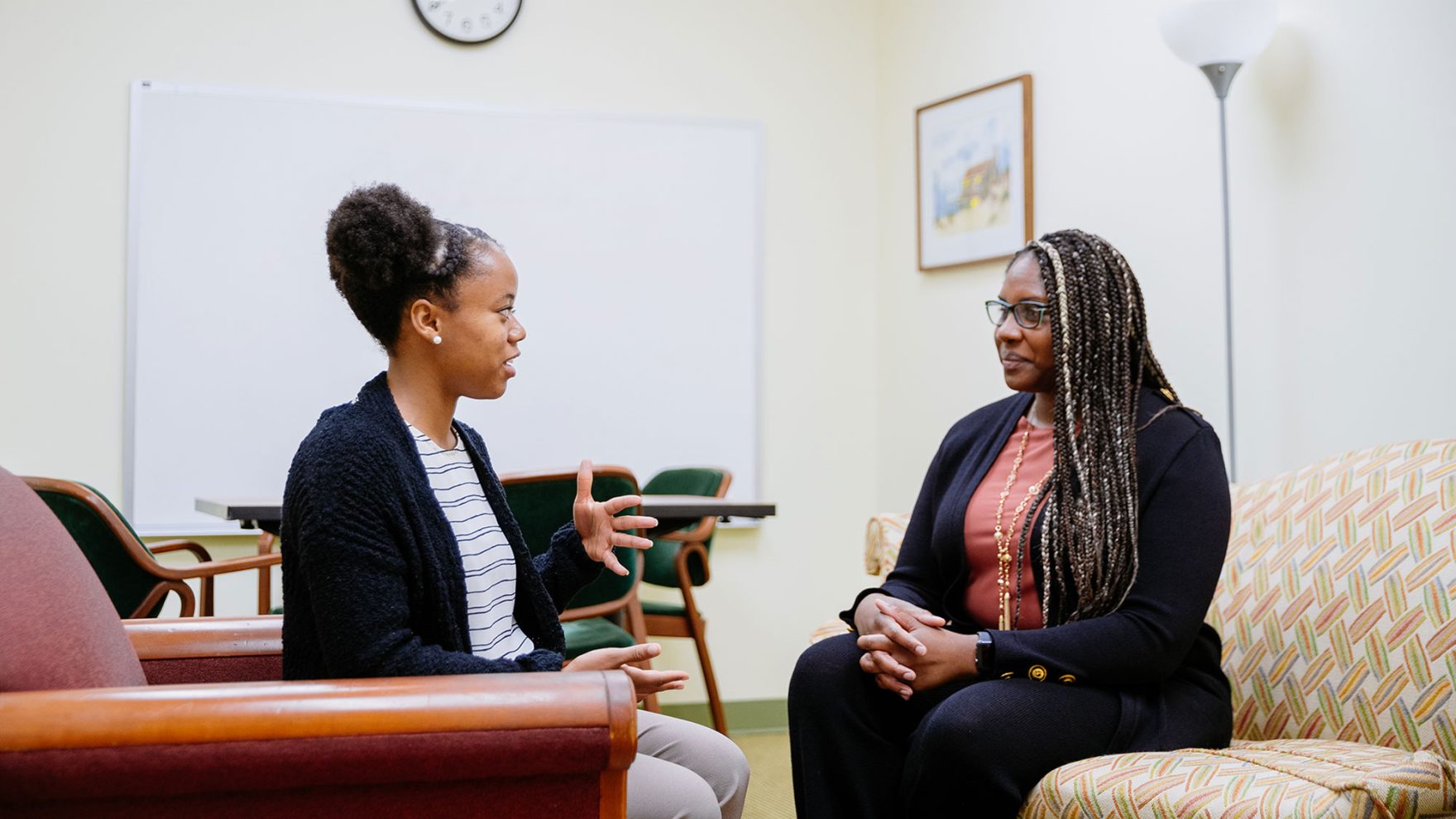
How to Become a Licensed Therapist
So, you feel called to help others manage and overcome life’s dilemmas and lead them to better mental health? That is an important calling! Such a calling may be pushing you toward becoming a licensed mental health therapist. Mental health counseling is a crucial treatment for many on their journey to psychological healing and growth. Pursuing a career as a licensed therapist means you could contribute to improving the quality of multiple lives on a daily basis.
What Does a Therapist Do?
Licensed Mental Health Professionals (LMHP) treat clients with various mental health conditions, utilizing their counseling skills and strategies, so the client can learn proper mechanisms to manage symptoms, improve emotional regulation, receive mental health diagnoses, process trauma, and more. They are trained to make connections between the biological, psychological and social aspects of a client’s life to detect what may be affecting one’s mental health.
The day-to-day responsibilities of a therapist vary depending on the specialty. Most mental health counselors work one-on-one with clients, providing various counseling services. Therapists also often meet with couples, families or groups to conduct their mental health counseling practice. The type of client one sees varies. Some clients seek help from a therapist due to life transitions or difficult circumstances. Others will seek counseling due to diagnosed, persistent mental health issues. Human beings are complex. While many licensed mental health counselors specialize in a certain area of mental health in terms of their practice, counselors’ training and education involve a deep knowledge of all aspects of applied psychology. You may see a licensed counselor providing anything from encouragement and goal-creation strategies for their client to creating in-depth treatment plans for the client’s mental health issue.
Counseling services are often found in environments such as private practice settings (whether a physical office or a telehealth service), outpatient programs, schools, hospitals, mental health agencies, and more.
The Need for Mental Health Professionals
Mental health therapy is an in-demand career. It is no secret that the United States has been in a mental health crisis for the past couple of years. In 2020, 21% of U.S. adults experienced a mental health condition, and the amount of U.S. adults who sought mental health treatment rose from 19.2% in 2019 to 21.6% in 2021 (Centers for Disease Control). With more people experiencing adverse mental health symptoms and seeking help, there is a need for more licensed mental health professionals to be trained and enter the workforce.
Considering this issue of mental health in America is growing exponentially, the nation and the world need not only those pursuing a career in mental health counseling but also those who are innovative leaders ready to impact the industry and come up with new strategies that will change the landscape of mental health for generations to come. Such an impact starts with one simple yes to the honorable calling of helping others heal and grow in mental health.
What Degree Do You Need to Become a Therapist?
Are you ready to start changing lives and become a licensed mental health therapist? There are a few steps one would need to take to make that happen:
- Step 1: Earn a bachelor’s degree in a related field. A common undergraduate degree for those pursuing a career in mental health counseling is a B.S. in Psychology. Some other programs to consider are sociology, human services, or nursing degrees. While some degrees do not require that one’s undergraduate degree be in a related field, it may be helpful to at least take some psychology classes to prepare for the coursework in one’s master’s degree.
- Step 2: Take the GRE. Many master’s degrees in mental health counseling or clinical psychology require you to submit your GRE test scores when applying.
- Step 3: Earn a master’s degree in clinical psychology. Pursuing a CACREP-accredited M.A. in Clinical Mental Health Counseling prepares you for licensure and employment in various mental health settings.
- Step 4: Practice Under Supervision. Each state is different in what it requires to become a licensed therapist. Generally, licensure requires you to complete a 60-credit-hour master’s in counseling. This master’s degree may specialize in various concentrations, such as clinical mental health counseling, marriage and family counseling, or school counseling. Often, there is a required period of time (i.e., two years) after graduating in which one will begin practicing therapeutic services under supervision. Each state has different requirements for what one’s supervised period entails.
- Step 5: Take the state-specific examination for licensure. During your supervised hours, you should be preparing for the licensure examination. Research your state’s licensure requirements for more precise information about the requirements of the examination.
Types of Mental Health Therapists
Those pursuing a career as a licensed therapist often choose an avenue of counseling services in which to specialize.
Mental Health Therapist Specializations (not comprehensive):
- Addiction and Substance Issues
- Art & Music Therapy
- Marriage & Family
- Anxiety & Depression
- Behavioral Issues
- Grief
- Trauma
- Children & Adolescents
- Eating Disorders
- Group Therapy
When becoming a licensed therapist, many specializations and factors must be considered. No matter the variation of therapists, however, those who choose a career in mental health counseling have chosen a rewarding path of helping improve lives and impacting the world one person at a time.
References
Mental Health Treatment Among Adults Aged 18-44: United States, 2019-2021. Centers for Disease Control. Accessed 1/18/2024.

